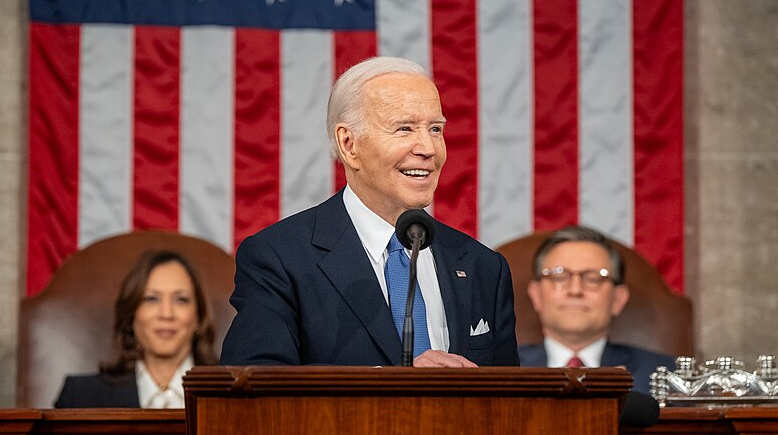A notable shift in judicial approach ignites debate over subpoena compliance and executive privilege
Others are reading now
District Judge Ana Reyes, appointed by President Joe Biden, expressed stark criticism towards the Justice Department (DOJ) for its approach to handling subpoenas.
This criticism emerged during a status conference focusing on the House Judiciary Committee’s ongoing investigation into the Biden family and related impeachment inquiries.
The case, which has attracted considerable attention, puts a spotlight on the perceived inconsistencies in the DOJ’s actions, especially when juxtaposed against the backdrop of recent prosecutions of former Trump advisors. This is reported by Fox News.
A Tale of Two Subpoenas
Judge Reyes’s remarks underscored a burgeoning concern over what she perceives as the DOJ’s selective compliance with congressional subpoenas.
Also read
This concern was highlighted by the contrasting treatment of DOJ attorneys Mark Daly and Jack Morgan versus that of Peter Navarro, a former Trump advisor.
Navarro is currently serving a four-month prison sentence for contempt of Congress, stemming from his refusal to comply with a subpoena related to the investigation of the January 6, 2021, Capitol attack.
The DOJ’s refusal to allow Daly and Morgan to testify, despite their firsthand knowledge of investigative processes potentially favoring Hunter Biden, draws a parallel that Reyes found hard to ignore.
“There’s a person in jail right now because you all brought a criminal lawsuit against him because he did not appear for a House subpoena,” Reyes pointed out, according to Politico, highlighting a perceived inconsistency in the enforcement of legal obligations.
Judicial Discontent and the Echoes of Executive Privilege
The case brings to the forefront the complex interplay between executive privilege and congressional oversight. Navarro’s defense, which invoked executive privilege, was not upheld by lower courts, leading to his incarceration.
Meanwhile, the DOJ’s stance on protecting its current employees from complying with similar subpoenas has ignited a debate over the boundaries of executive authority and the accountability of government officials.
Reyes’s critique extended beyond the current administration’s DOJ, touching on a Trump-era opinion from the Office of Legal Counsel, which argued for the ability of executive branch employees to defy subpoenas if DOJ lawyers were excluded from proceedings.
The judge’s astonishment at the DOJ’s reluctance to commit to testimony, under certain conditions, further underscored the contentious nature of the debate surrounding executive privilege and legislative inquiry.


